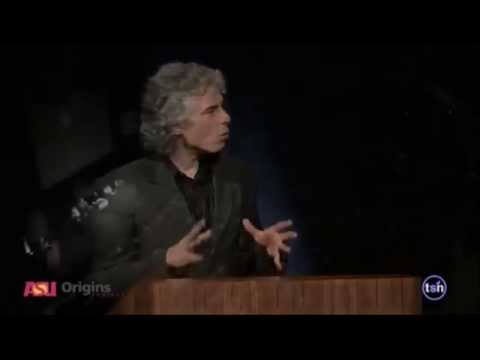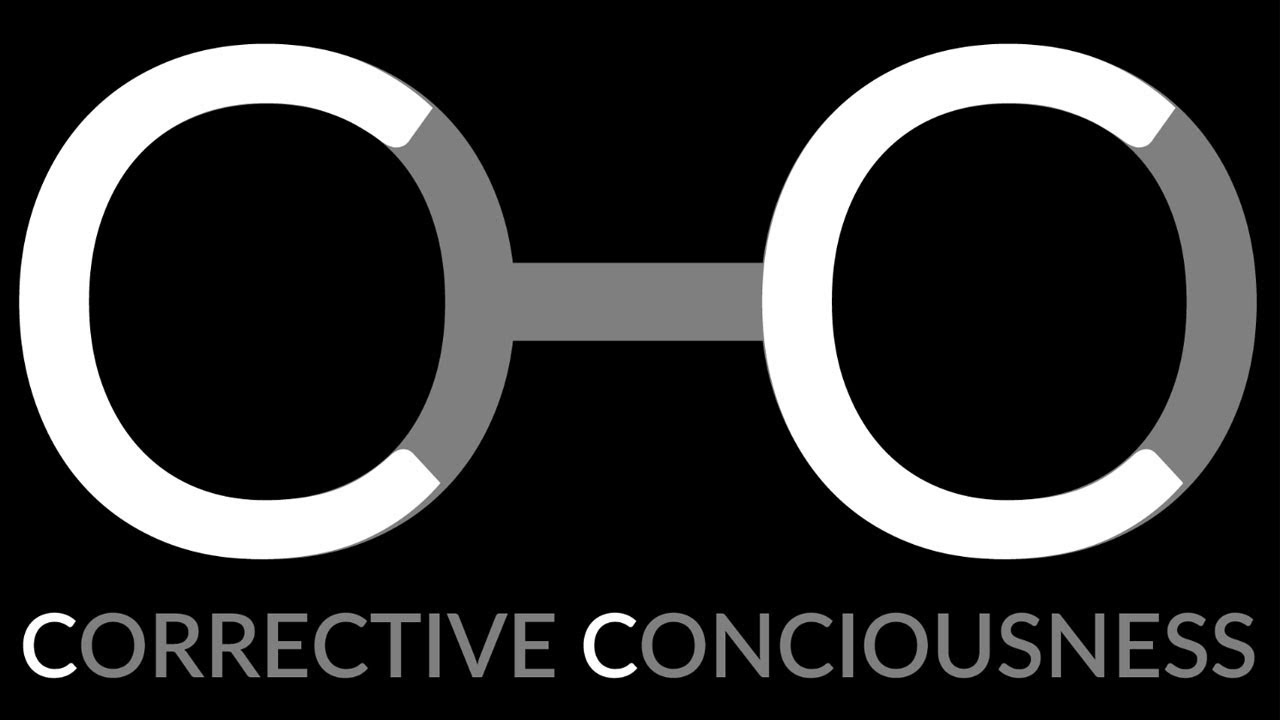Crimson Legacy
Psychologist, cognitive scientist, linguist, and author Steven Pinker presents his views on how science can answer the moral dilemmas we face and are destined to contemplate in the future. He spells out that “reason”, with the essential assistance of science, has changed our view of ethics substantially in the past and that it’s likely to continue that legacy.
He takes the stage in this debate with some of the most well-known speakers in this field, including Sam Harris, Peter Singer, and Lawrence Krauss at Arizona State University’s “Gammage Auditorium”.
If you’re interested in learning more about his views on the subject, please check out his latest book called “The Better Angels of Our Nature: Why Violence Has Declined”. You can find it on Amazon here: http://amzn.com/B0052REUW0
Source




Frickin' genius.
Stop clapping and let the man speak damn it! lol
I think he nailed it.
I think he got it right but I don't agree at the end because I think science and ethics is based on socal interaction and that is a given assumption. if someone doesn't care then we can argue but we argue and point to scientific ideas based on social cohesion which is also based on our evolutionary basis for social cohesiveness which is to say science is the methodology that is based on our interaction with the world and doesn't mandate that everyone agree on it to be correct. the fact that people didn't know how to deal with punishments before is not relevant to the fact that we know how our human brain works and how suffering and incentive works. this is scientific in nature.
I align more with Sam Harris on this. but respect to both for getting the religion part right
"…if it comes from authority, those are all terrible reasons to believe something" – that would mean one cannot believe in any statement of scientific knowledge unless one is a specialist in the respective field himself. The vast majority of what (even highly educated) people believe is via authority.
also the idea that modern subjective moral intuitions come from reason is admittedly nice, but current scientific knowledge informs us that what we perceive as "moral reasoning" is in fact post-hoc rationalisations of already existing (emotional) intuitions. So reason is no more a source of subjective moral intuitions than religious texts or traditions